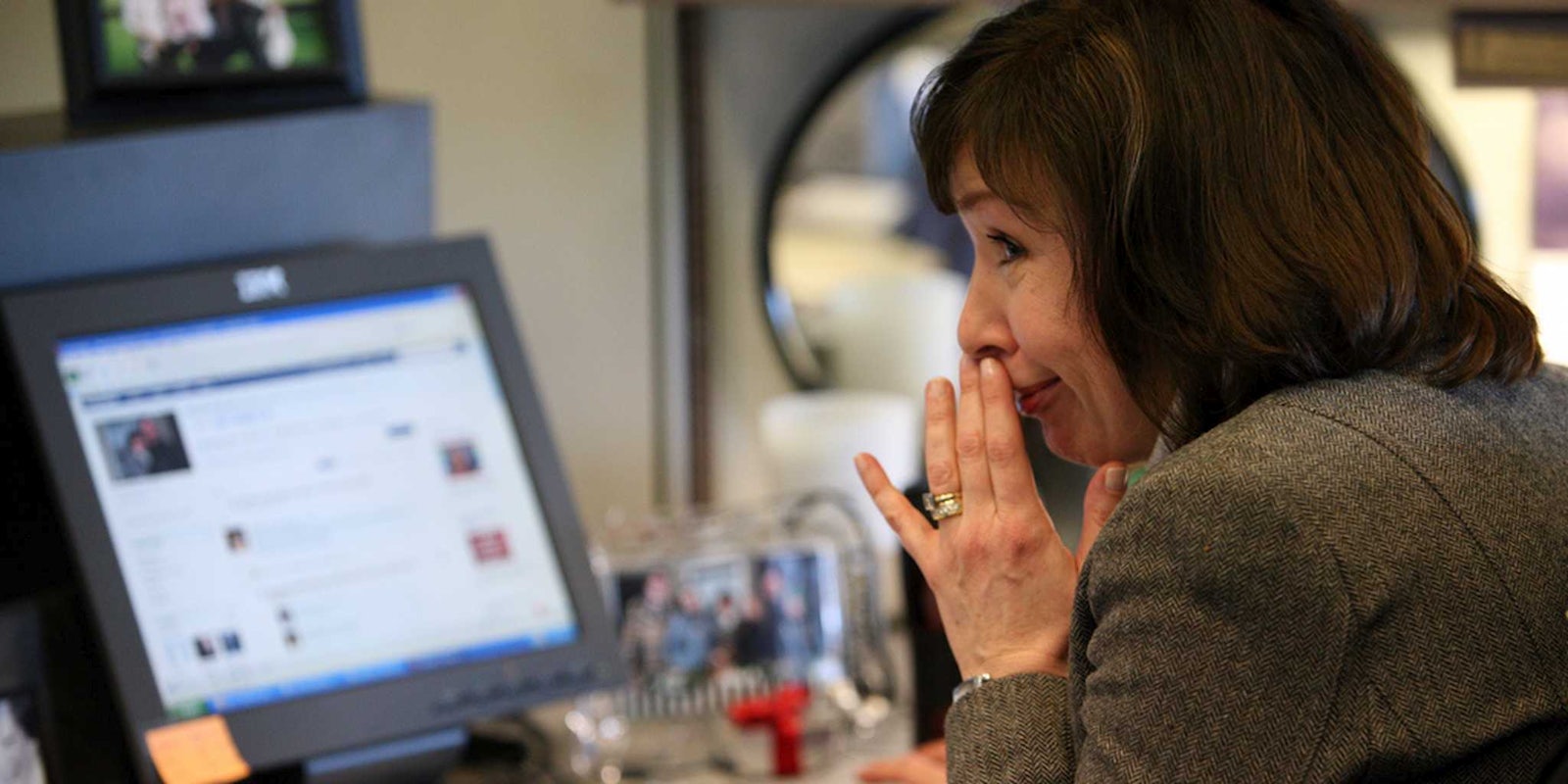Have you ever seen someone on your Facebook feed mistake a headline from the Onion for a real story, start passing around gloopy anti-vaccine articles, or repost rants about reptilian space invaders and false flags? Likely, yes. We’ve all either been had by Facebook-spread hoaxes or victims of them ourselves.
Platforms like Facebook, Twitter, and Instagram are conduits for rapid-fire updates and real-time news sharing, but sometimes users put too much faith in the veracity of what their friends and followers post. So it’s not surprising that researchers looked into how and why so many people spread such bad information on Facebook. The results just confirm how disappointingly low our “credulity barrier” is set.
Researchers at Northeastern University in Boston looked at how we pass along bad information on social media, focusing on the way people treated information circulating on Facebook about the Italian elections in 2013. They studied how over 1 million people on Facebook responded to information deemed credible and information deemed false. What they found was not heartening. “Results reveal that users consume unsubstantiated and mainstream news in similar ways,” they wrote.
The researchers noted that the social network allowed activists and an alternative press to disseminate information about issues neglected by the mainstream media, but it’s not all roses and reliable underground journalism on Facebook. In fact, they discovered a link between a tendency to consume alternative news and a tendency to engage with conspiracy theories. “We find that a dominant fraction of the users interacting with the troll memes is the one composed of users preeminently interacting with alternative information sources—and thus more exposed to unsubstantiated claims,” the researchers wrote. This means that people who are seeking out alternative sources of information are not finding more credible results; instead, they end up more susceptible to false claims, perhaps because they’re inclined to believe whatever narrative counters what the mainstream media suggests.
The researchers didn’t have an optimistic take. “The results of our study raise a real warning, as the higher the number of circulating unsubstantiated claims is, the more users will be biased in selecting content.”
It’s not clear whether the results would be much different had they looked at users in the U.S. instead of Italy, but this study furthers my suspicion that oil pulling is some hippie nonsense.
H/T Technology Review | Photo via marshillonline/Flickr (CC BY 2.0)


